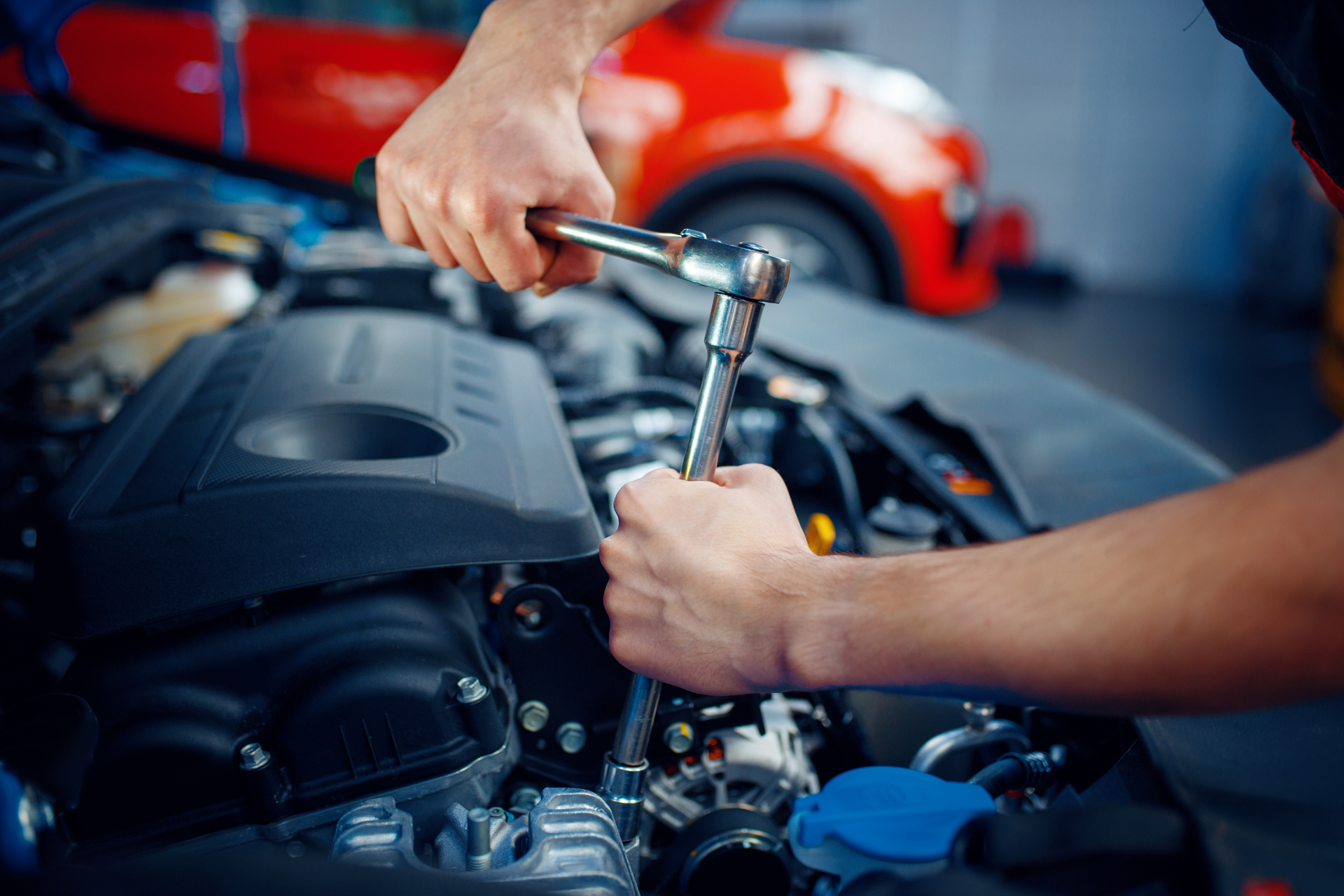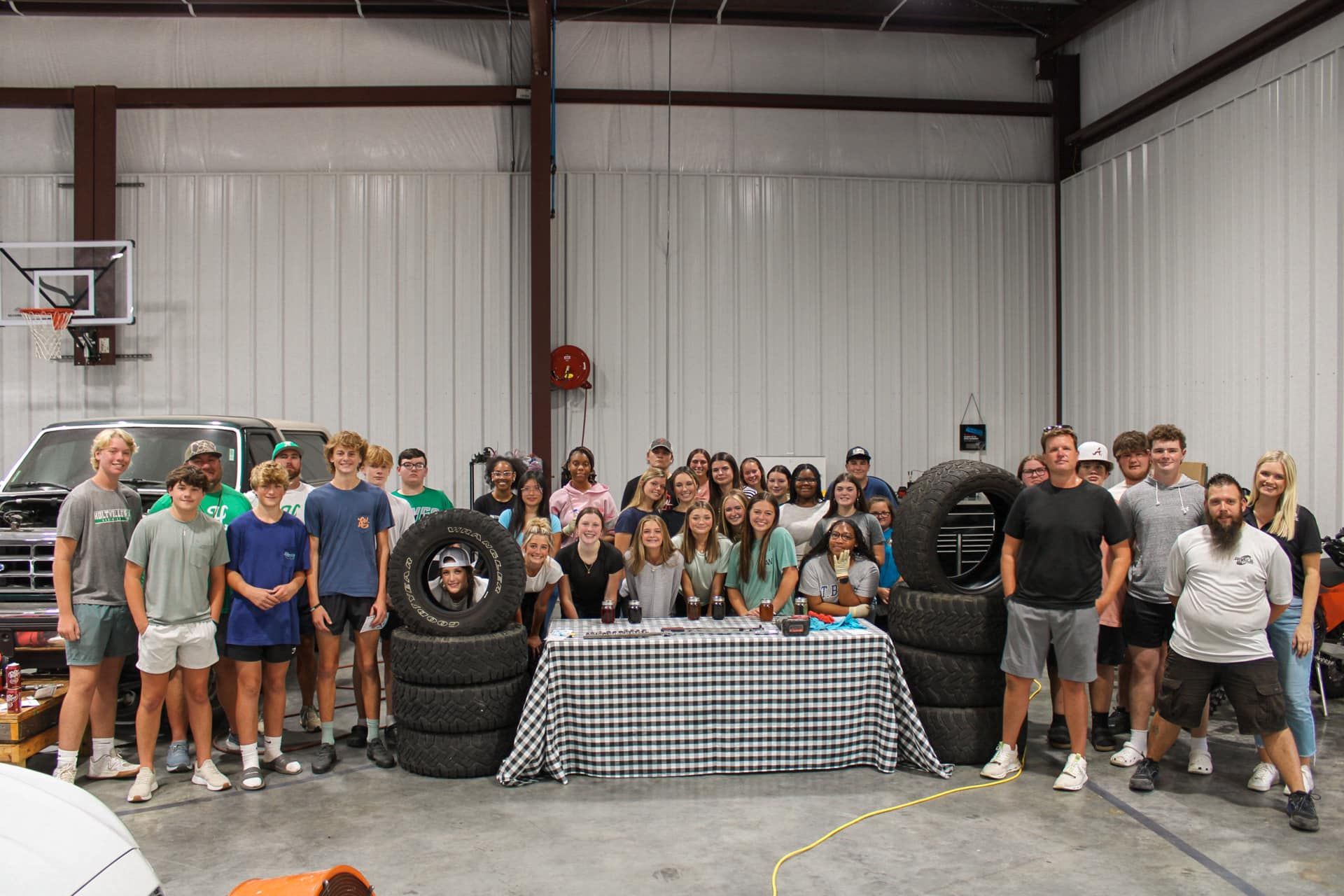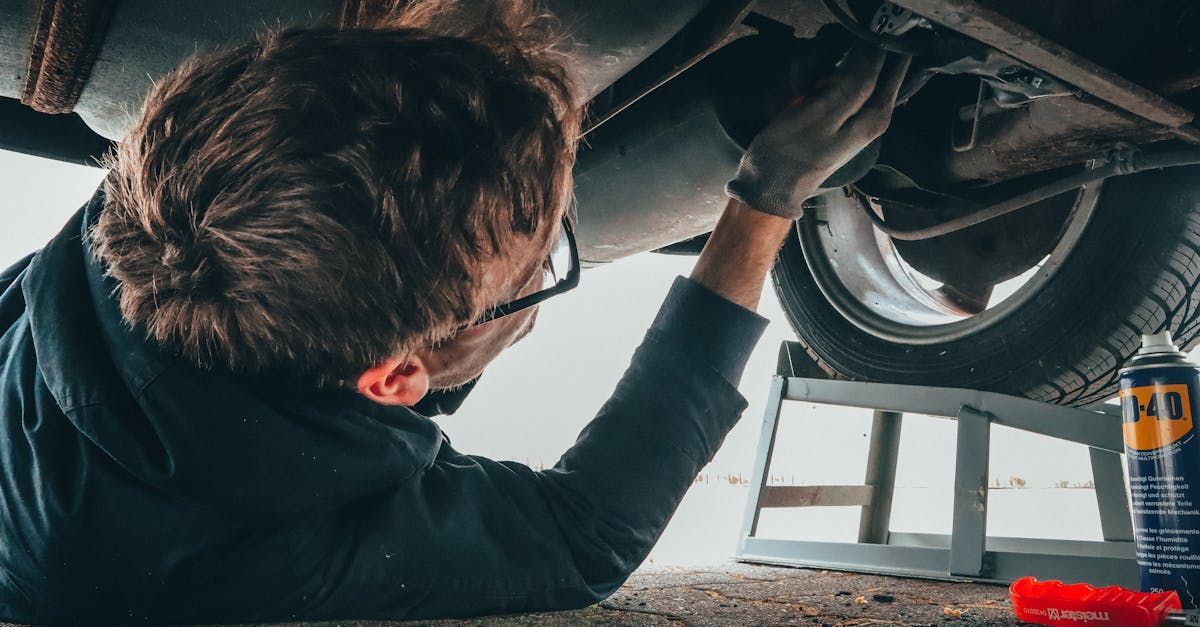Characteristics and Buying Behaviors of Automotive Maintenance DIYers
Understanding the DIY Auto Maintenance Enthusiast:
Insights from a 2024 Survey
The DIY auto maintenance community is a diverse and passionate group, dedicated to working on their vehicles for various reasons, including saving money and enjoying the satisfaction of problem-solving. A recent 2024 survey by the Auto Care Association and Hanover Research offers an in-depth look into the behaviors, motivations, and preferences of these DIY enthusiasts.
Key Motivations Behind DIY Auto Maintenance
The survey identified several key motivations for DIYers, with the top three being:
- Saving Money (72%): Many DIYers take on auto maintenance tasks to reduce costs associated with professional services.
- Self-Reliance and Independence (48%): The ability to handle vehicle issues personally provides a sense of independence.
- Convenience and Flexibility (42%): DIY projects offer the flexibility to work on vehicles at their convenience.
Other notable reasons include the satisfaction of solving problems (24%), the enjoyment of a hobby (22%), and access to the necessary tools and equipment (19%).
Demographics of DIY Auto Enthusiasts
The survey also revealed intriguing demographic trends among DIYers. They are more likely than their do-it-for-me (DIFM) counterparts to fall within certain income brackets, specifically $60,000 to $79,999 and $100,000 to $149,999 annually. They tend to be younger, with 50% of DIYers aged 18-44, compared to 38% of DIFM consumers. Additionally, DIYers are more frequently self-employed, stay-at-home parents, or employed full-time.
Common DIY Auto Maintenance Projects
DIYers engage in a wide range of maintenance activities, from simple tasks to more complex projects. The most common include:
- Oil, Transmission Fluid, and Brake Fluid Changes (42%)
- Tire Rotation (43%)
- Replacing Wiper Blades and Fluid (42%)
- General Maintenance and Tune-Ups (41%)
More advanced projects include working on air and fuel filters (36%), replacing lights (28%), and handling brake pads and rotors (23%).
Reliable Sources of Information for DIYers
When it comes to gathering information, DIYers primarily turn to YouTube, with 81% more likely to use this platform for repair and maintenance tutorials. Other trusted sources include:
- YouTube
- Online Searches
- Owner’s Manuals
- Visits to Auto Parts Shops
- Recommendations from Family and Friends
Perceived Reliability of Information Sources
DIYers place significant trust in certain information sources. Visiting an auto repair shop tops the list, with 90% considering it “somewhat reliable” or “extremely reliable.” This is closely followed by visits to auto parts stores (89%) and consulting the owner’s manual (89%).
DIY Auto Repair Trends by Vehicle Make
The survey also highlighted trends in vehicle brands worked on by DIYers. American makes like Ford and Chevy are the top choices, followed by Asian brands like Toyota, Honda, and Nissan. Notably, DIYers are more likely to work on Volkswagens and Chryslers compared to DIFM consumers.
Conclusion
Understanding the motivations and behaviors of DIY auto enthusiasts provides valuable insights for businesses and service providers in the automotive industry. By recognizing the specific needs and preferences of this group, companies can better tailor their products and services to meet the demands of the ever-growing DIY community.










